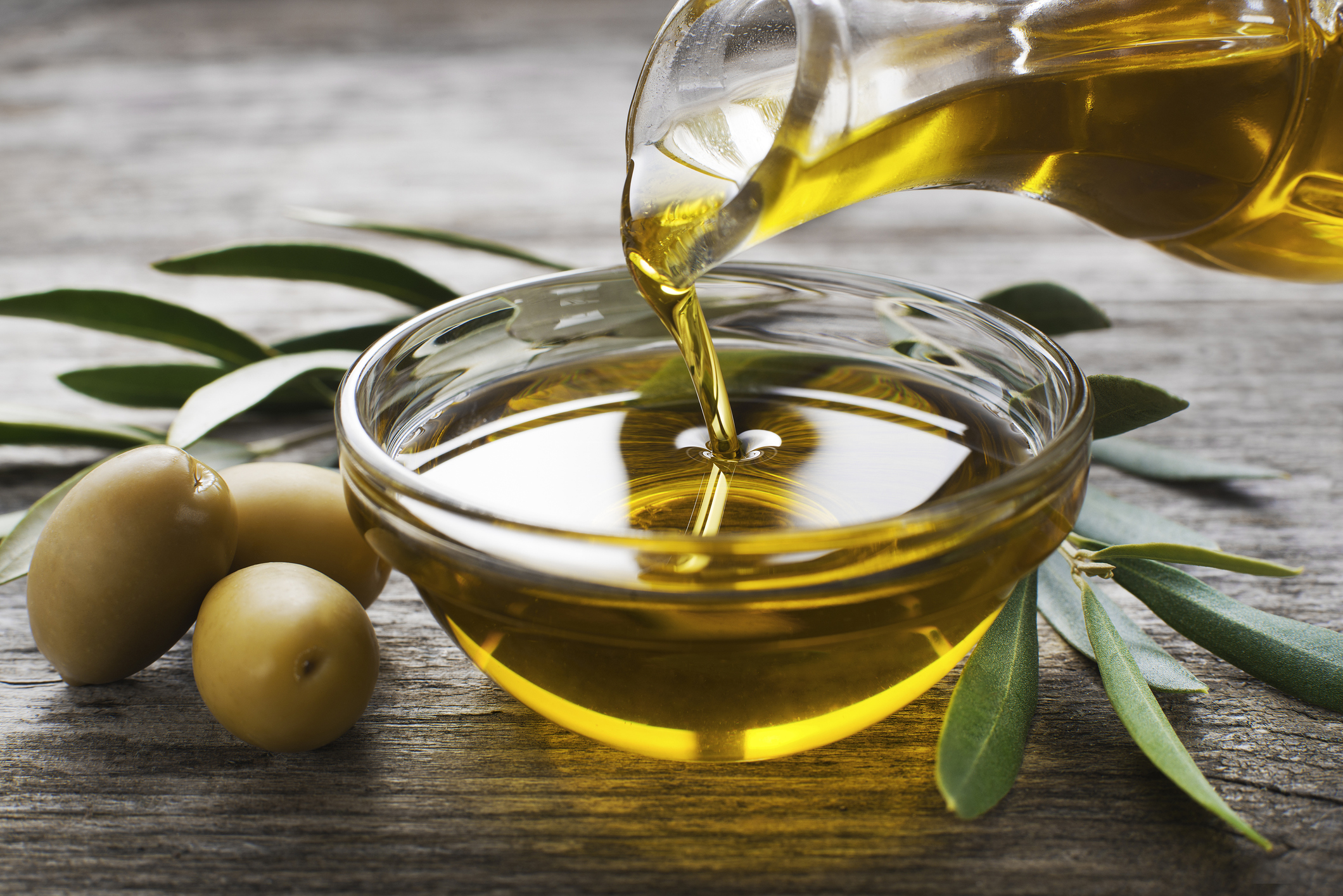Correct diet and health information seem to be ever-changing as ongoing research supports or dispels ideas about what foods and supplements are beneficial to prolong life and prevent chronic illness. One year it’s all about coconut oil and agave nectar, and the next it’s on to avocado toast and açai bowls. But one ingredient in healthy meals has stood the test of time and accumulated research from over 25 years of studies – olive oil. Regularly consuming olive oil in place of margarine or butter is linked with a lower risk of early death from cardiovascular disease, cancer, and neurodegenerative disease.
According to a recent AARP Healthy Living report, a new study out of Harvard University’s T.H. Chan School of Public Health shows that people who regularly use olive oil in their cooking over animal fat reduce their overall risk of “total and cause-specific deaths”. Using health data collected from 1990 to 2018, people who consumed more than 7 grams of olive oil per day had a 19 percent lower risk of dying from heart disease, a 17 percent lower risk of dying from cancer, and a 29 percent lower risk of neurodegenerative mortality than those who never or rarely consumed olive oil. There was, however, no significant difference between participants who used olive oil and those who consumed vegetable oil.
The research supports the case for switching out margarine or butter for olive oil in salad dressings, dips, roasted vegetables, stir fry, and meat marinades. The type of olive oil you purchase is also important. Virgin or Extra Virgin olive oil is not as refined or processed as regular or light olive oil, which helps retain the oil’s antioxidant properties when cooked. Look for dates the oil was pressed or harvested on, which tends to indicate a higher quality of oil. Extra Virgin olive oil should be stored away from light, preferable in a dark bottle or in a box.
For those new to olive oil, taste testing oil for flavor is important before purchasing large quantities. If it isn’t pleasing to the taste buds, you won’t use it and it will be a waste of money. Olive oil can become rancid from exposure to heat or light, so avoid anything that smells or tastes off. Fresh olive oil can taste like fresh olives, grassy or fruity and a slight peppery bite is a good thing that indicates the presence of phenols which are associated with antioxidant and anti-inflammatory properties.
Learn more about how to buy olive oil, and find a quick game-day appetizer, by following this link to Bon Appétit – A Beginner’s Guide.






Add Your Voice
0 Comments
Join the Discussion